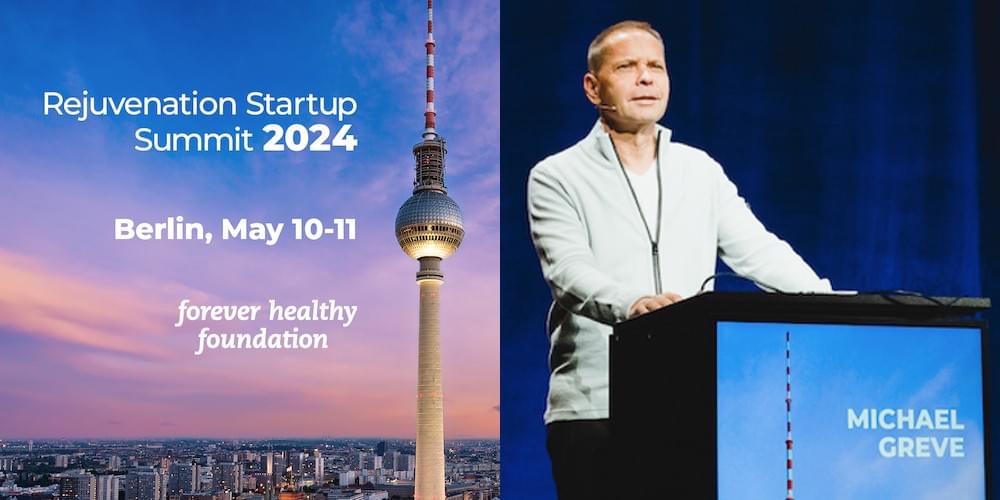Stability AI, the AI startup behind the text-to-image model Stable Diffusion, this week announced the release of StableStudio, an open source version of DreamStudio, Stability AI’s commercial AI-powered design suite.
In a blog post, Stability AI writes that it hopes to “foster a project [that] can outpace anything developed by a single company,” alluding to recent investments in the generative AI space from tech giants like Microsoft, Google and Amazon.
“We believe the best way to expand upon that impressive reach is through open, community-driven development rather than a private iteration of a closed-source product,” Stability AI said. “Our goal is to work with the broader community to create a world-class user interface for generative AI [that] users fully control.”
DreamStudio was first imagined as an animation studio for the open source generative AI art model Disco Diffusion. Focus shifted last year toward image generation with the arrival of Stable Diffusion, which brought DreamStudio more in line with rival generative image platforms like MidJourney and Nightcafe.
The differences between StableStudio and DreamStudio are relatively minor. StableStudio doesn’t have DreamStudio branding or Stability-specific account features, like billing and API management, and API calls on the backend have been replaced by a plugin system.
Stability AI stressed that, going forward, DreamStudio will become its preferred, managed instance of StableStudio and stay up to date with StableStudio “whenever possible.”
“The release of StableStudio reiterates Stability AI’s commitment to open-source and transparency,” the company continued. “We’re eager to see what the community will create.”






